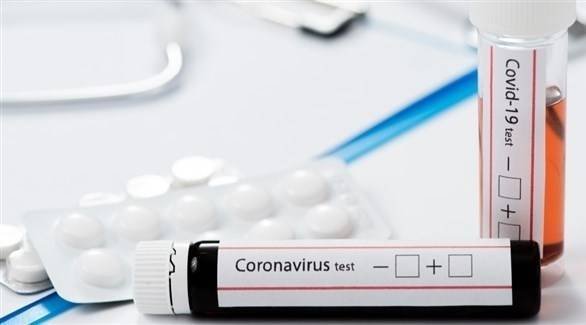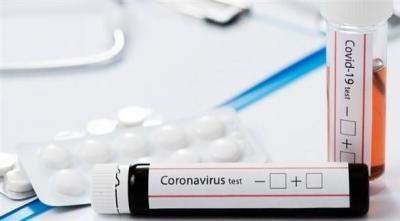Indian scientists have found that rapid antigen tests for the coronavirus likely work better for larger population groups than the slower but more sensitive PCR tests. The "computational analysis" comparing testing systems and results across India, which has recently been severely affected by a surge in the virus, suggests that "the amount of testing is more important than the sensitivity of the tests."
The findings indicate that low- and middle-income countries "may achieve better outcomes by focusing on ramping up testing using less sensitive tests that provide immediate results."
According to the research team, "conventional thinking" assumes that PCR testing, sometimes referred to as the "gold standard" but criticized for leading to false positive results, should "ultimately lead to fewer total infections." However, a combination of tests is more effective, according to research conducted by researchers from Ashoka University and the National Centre for Biological Sciences in Bangalore, published in the journal PLOS.
Supporters and opponents of various testing approaches have sparked considerable debate, with footballer Cristiano Ronaldo criticizing PCR testing last year, labeling it "nonsense" after he tested positive without displaying any symptoms of COVID-19.
Many countries have used antigen tests more widely due to their quick results.




